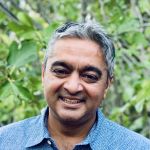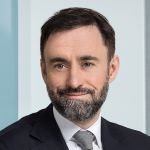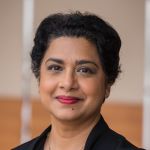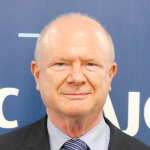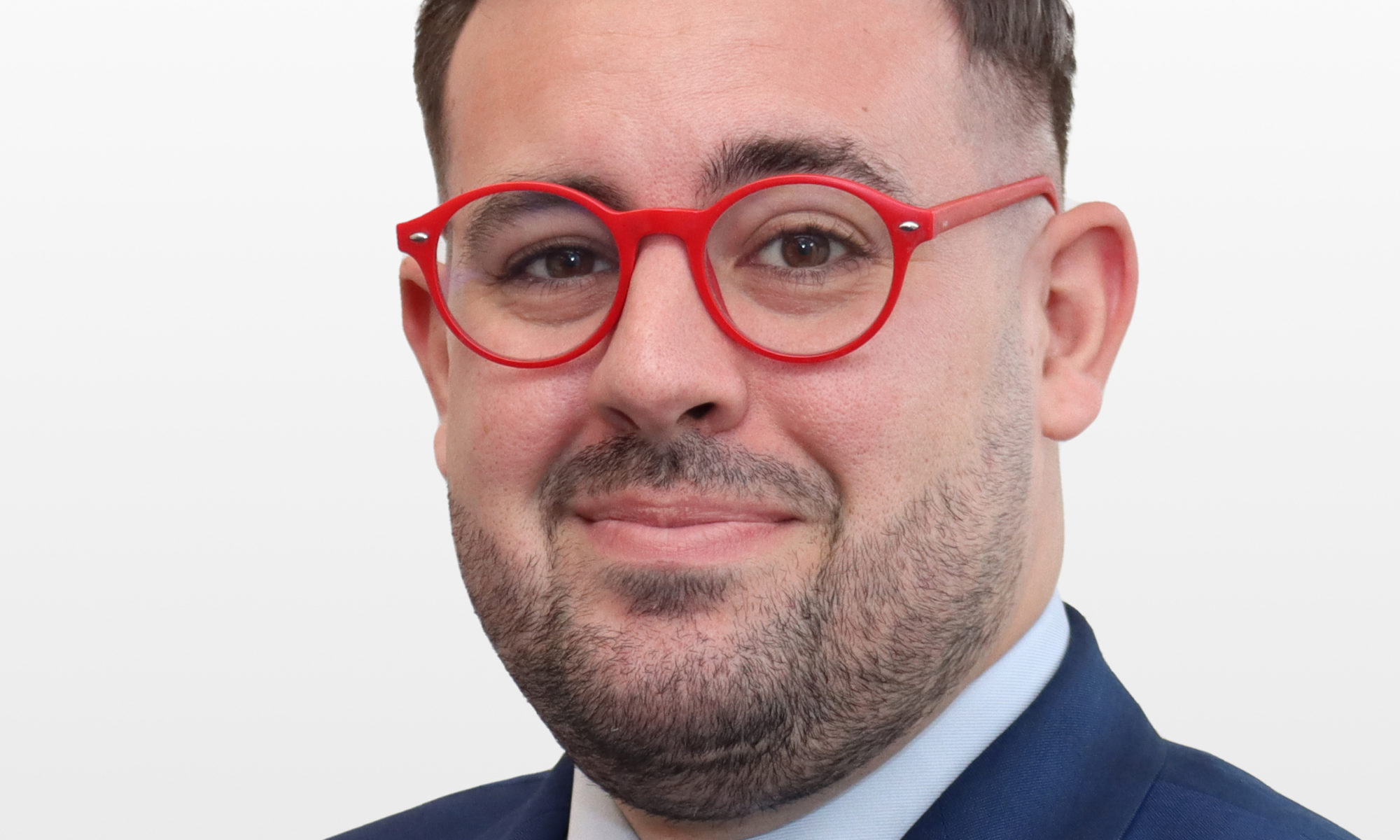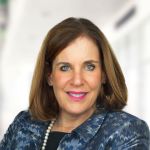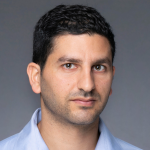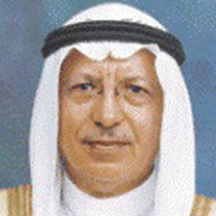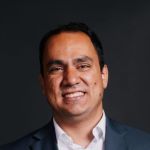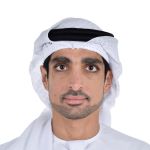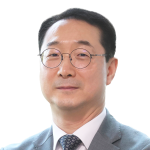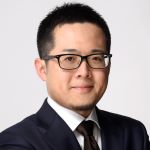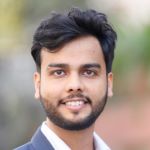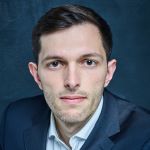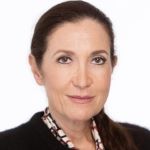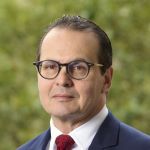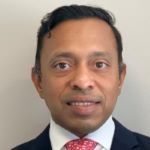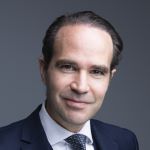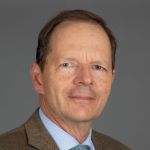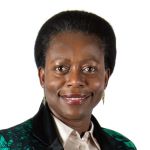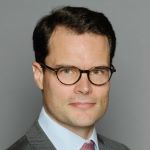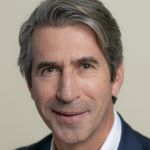Senior AI Advisor for the US National Institute of Standards and Technology (NIST). Lee Tiedrich is a widely recognized leader in artificial intelligence, data, and emerging technologies. She is also a member of both the OECD and Global Partnership on AI (GPAI) AI expert groups and co-chairs both the GPAI Responsible AI Strategy for the Environment (RAISE) committee and the GPAI Intellectual Property Advisory Committee. She’s also a member of the OECD Expert Group on AI, Data, and Privacy, and a Senior Adviser for the International Scientific Report on Advanced AI Safety, funded by the UK government following the Bletchley Park Summit and led by Yoshua Bengio. The European Union’s newly established AI Office has selected her to serve in the working group developing AI Codes of Practice.
With a degree in electrical engineering and over 30 years of legal experience, Lee has a long career helping organizations navigate uncertainty to achieve their objectives. She was a partner at the global law firm Covington & Burling LLP, where she led the firm’s global and multi-disciplinary AI Initiative and counselled organizations on a broad range of data and technology matters, including digital transformation, AI and data governance, policy, intellectual property, regulatory, transactions, and other corporate matters. Lee holds three appointments at Duke University, including Distinguished Faculty Fellow in Law and Responsible Technology, Executive in Residence, and Responsible Technology Scholar in AI Health.
Lee speaks frequently to government leaders and at leading institutions, such as the Council on Foreign Relations, the Federal Judicial Center, the National Judicial College, the OECD, COP-27, GPAI, WIPO, the UN AI High Level Advisory Board, UNESCO, and at leading universities. She has
held leadership positions with the American Bar Association and has served as a peer reviewer for Oxford University Press. She has been selected for Marquis’ Who’s Who, CIOLook’s 10 Best Leaders of the AI Age – Shaping a New Technological Era – 2024, and CIO Business World’s 10 Most Visionary Women Leaders in AI Creating Global Impact, 2024. She received a Duke Women Innovators Award in 2023.
Lee is a member of the CEIMIA Board of Directors and the Editorial Board of the Journal for AI Law and Regulation and has several publications. Lee served on the Biden Campaign Policy Committee and is registered to practice before the US Patent and Trademark Office. She
graduated from the University of Pennsylvania Law School and earned a B.S.E. in electrical engineering from Duke University, with both Phi Beta Kappa and Tau Beta Pi honors. Prior to joining the Duke faculty, she chaired the Strategy Committee of the Duke Engineering School Board of Visitors and was an adjunct faculty member at the University of Pennsylvania Law School.

